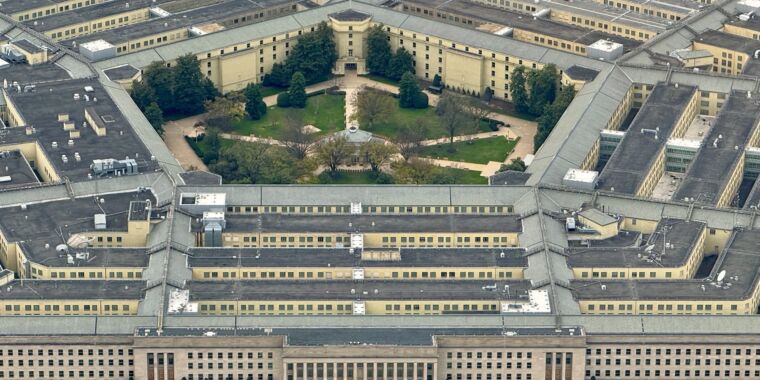Elon's SpaceX company presentation video.
Two launch towers at Starbase and two more at the Cape "by sometime next year".
"We're aiming to have the first Cape launch tower and launch system operation around the middle of next year."
"We do the development launches here, test anything new here, build the rockets, and probably most of the operational launches will be from the Cape"
"This year we're planning to build another roughly six boosters and ships, and that production rate will increase a lot by next year, and that's why we're building the giant factory. Ultimately we'll need to build a lot more ships than boosters, especially for Mars. You'll actually want to use the ship, take apart the ship and use it for raw materials on Mars. Because the ship materials will be so valuable, most of the ships you wouldn't want to bring back, you'd want to just use them for raw materials. Eventually we will want to bring ships back, and I think we'll want to give people the option to of coming back because they're more likely to go if there's some option of coming back. I think most of the people that go to Mars will probably never come back to Earth. We'll need to ramp production to pretty high numbers. Multiple ships per day, basically. Next year we're aiming to demonstrate ship-to-ship propellant transfer. [...] You need about five or six refilling missions for every one mission that goes to Mars."
"[At] the Moon there's obviously no Mechazilla, so we need landing legs, and you don't need a heat shield, and you don't need flaps. Ultimately, I think we want to build a Moonbase, "Moonbase Alpha" and have a permanently occupied base on the Moon. That would be super-exciting. So you'd have a bunch of ships that are specialized for going to and from the Moon but they never land back on Earth, they just would dock with propellant tankers to get orbital refilling."
"I think ultimately we'll probably aim to get the booster engines over 330 tons of thrust, which would mean 10,000 tons of total thrust at liftoff. Raptor 3 also will not need a heat shield. We have integral cooling channels in many parts of the engine that don't exist in Raptor 2. So in order to not have a heat shield, it has to be very resilient. [...] It's actually extremely difficult to build Raptor 3, but it will be easy to integrate and we'll have higher performance and lower total mass and be more reliable."
"I think the flame tail is about a thousand feet long, it's like twice the length of the rocket, and as we increase the thrust, that will get longer. And inevitably, the rocket grows in height. Flight 3 would be around 40 or 50 tons to orbit. Starship 2 will be over 100 tons, and then Starship 3 will be over 200 tons. [...] We'll end up ultimately with more than 10,000 tons of thrust, probably 7 or 8,000 tons of liftoff mass. And at least ten meters taller? We'll see."
"I think [...] one of the most profound things is Starship 3 will cost less per flight than Falcon 1."
"Ultimately we might be able to get the cost per flight to Earth orbit down around $2 million, or $3 million."
"Roughly every two years, thousands of ships would depart from Earth to Mars."
"For getting to Mars, we would create a kind of propellant depot ship. The propellant depot would look more like a hotdog than a sphere. It's really just a long ship with a lot of insulation. We'd fill that ship up and then as they're going to Mars, the ships would take off with a couple hundred tons of payload from Earth, reach orbit with almost no propellant, then get refilled by the tanker, then go to Mars. [...] On Mars, at the beginning we would simply reuse the ships for materials, so most of the ships wouldn't come back, but then over time you'd wanna bring the ships back so you could reuse them. For that, we would need to create methane (CH4) and oxygen (O2) on Mars, which you can do with H2O and CO2. So the atmosphere is CO2, and there's plenty of water ice (H2O) [...] The reason we have a methane/oxygen system is because you can make methane and oxygen on Mars
fairly easily. It's not a total walk in the park, but the ingredients are readily available to create methane and oxygen on Mars. So you build a propellant depot and bring the ships back and build out, as quickly as possible, a self-sustaining civilization on Mars."
"It would be nice to use nuclear. I don't know if you'll get the approval, but nuclear would be very handy on Mars because you can use the heat and you can generate electricity."
"The deeper it is, the more you can use the atmosphere to brake."
"Some of these people asked if we're developing these things, I'm like 'Not yet because this is the cart and we need the horse first.'"
"I think we'll have to do the propellant depot"
He wants a million people and several million tons of cargo to be able to make a city self-sustaining. "We can do this in 20 years."
"That means you can get to a million tons in about eight years."
Comparisons in tonnage of production of 1000 Starships per year to 1.85 million Teslas per year to suggest that making all these Starships is possible.
"Long term, we'll probably have some offshore launch sites."
No real reaction from the employees. I guess they've heard it all before. Plus, Elon is not a motivational speaker.



